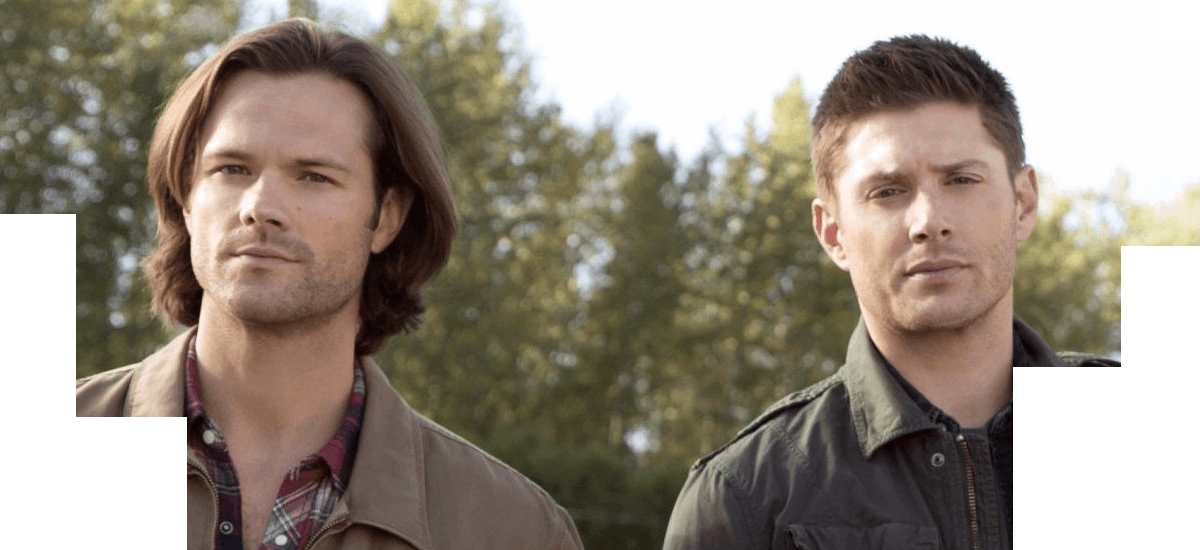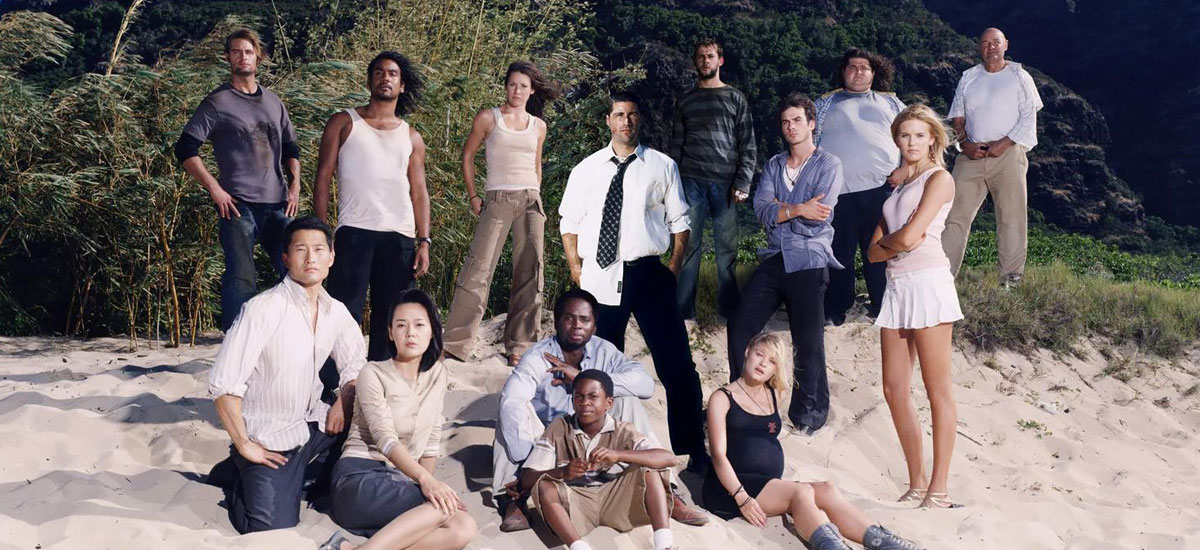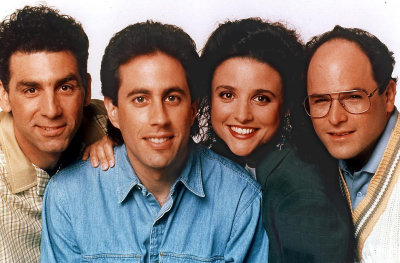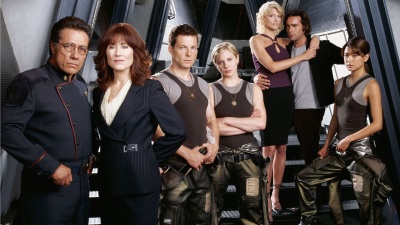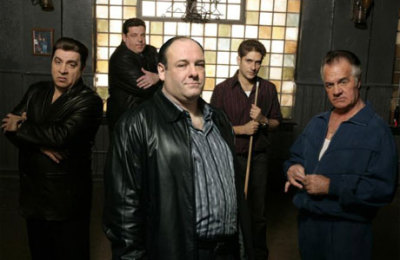I was impressed a few years back when a friend of mine watched an entire season of 24 in a single weekend. Without commercials that’s about 18 hours of TV in two days, which is a whole lot of “butt in the couch” time. Which got me thinking — in this day and age where people binge TV series all the time, if Mount Everest is the hardest mountain to climb, then what are the hardest TV series to binge?
These are the TV Mountains.
Difficulty: Easy
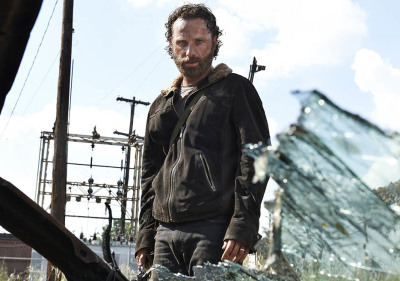
These TV mountains can be climbed in around a week of TV binging.
The Walking Dead: This series originally debuted back in 2010 but doesn’t have seasons that are too long so there’s only been around 100 episodes produced so far, or around 75 hours of TV to date.
Lost: Lost ended its run a few years ago at 121 episodes or around 90 hours of TV.
Difficulty: Moderate
These TV mountains can be climbed via few weeks of TV binging.

The Simpsons: Airing new episodes since 1989, to date there’s been more than 620 episodes of the series produced. But since each episode of The Simpsons is just 30 minutes long, less minus commercials, you could make it through all of The Simpsons to date in about 205 hours.
Supernatural: This long-running series is currently in its 13th season and has aired more than 280 episodes or about 210 hours of TV. But like The Walking Dead and The Simpsons, Supernatural is showing no signs of stopping, so even if you finish all of Supernatural there’ll be more to watch later.
Difficulty: Difficult
These TV mountains can only be climbed via many weeks of TV binging.
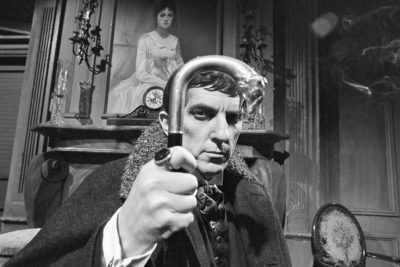
Law & Order: Airing since 1990, the Law & Order franchise has produced more than 450 episodes of TV. The series is so popular new episodes are still being produced and the various Law & Order series airs in syndication on many outlets. So far there’s been about 335 hours of Law & Order created. Or, if you did nothing but watch Law & Order back to back and didn’t sleep, it would still take you more than two weeks to make it through all the series.
Dark Shadows: This classic gothic soap opera aired more than 1,200 episodes between 1966 and 1971. Each episode was only 30 minutes long, minus commercials, but still makes for more than 405 hours of TV.
Difficulty: Severe
These TV mountains can only be climbed via months of TV binging.
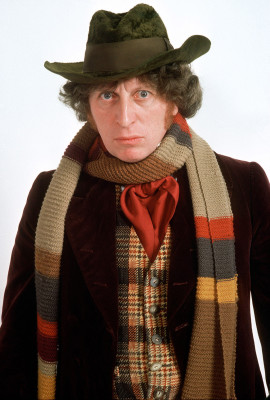
Star Trek: Counting all the various incarnations of Star Trek there are more than 725 episodes of this series or more than 540 hours of TV and counting. To put that number into perspective, doing nothing but watching Star Trek 40 hours a week it would take you more than 13 weeks to finish. Assuming you’d be able to make it through the first season of Star Trek: The Next Generation, that is.
Doctor Who: There’s been more than 835 episodes of Doctor Who created since the series began in 1963 which makes by my estimation more than 555 hours of time and relative dimension in space TV viewing.
Difficulty: Extremely Severe
This TV mountain can only be climbed via years of TV binging.
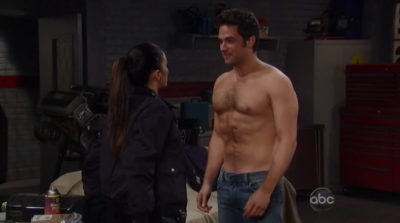
General Hospital: General Hospital is the longest running US soap opera and has been producing new episodes on a weekday basis since 1963. Back in 2014 it entered the record books as having the most episodes of any TV series at more than 13,000, or, around 8,600 hours of TV. If Star Trek would take you 13 weeks to finish at 40 hours a week then General Hospital would take you more than FOUR YEARS to finish at the same rate!
The most difficult part of watching all of General Hospital, the Mount Everest of TV shows that’s still growing, would be finding all the episodes. My guess is that in the intervening more than half-century since the show debuted some of the early episodes would have been lost because of time and shortsightedness. But even if most of the episodes are still around finding them would be difficult. First is the huge amount of episodes, so at some point cost acquiring them is going to be an issue. Then there’s the fact that for the most part only seasons of General Hospital that are just a few years old are available making full seasons that aired even prior to 2010 hard, if not impossible, to find.
I take it back, General Hospital isn’t the Mount Everest of TV series, it’s Mount Impossible of TV series!
